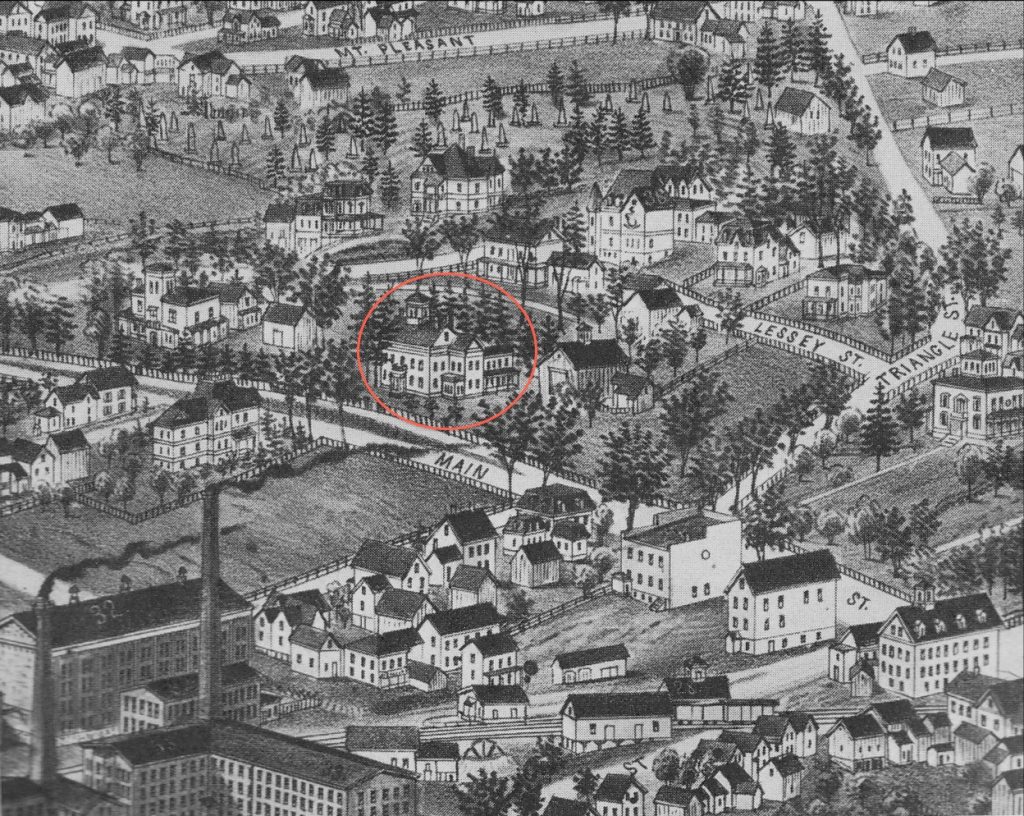5 miles
franklin loop
45 degrees
A regular run! It felt mostly fine, a few times strange. I told Scott that often when something is sore or stiff or hurts, it just feels strange to me. I need better words.
A few time my calf felt strange…but what does that mean? It felt like it was trying to talk to me, like it wasn’t used to moving, like it was complaining. During the run, once or twice, the smallest flare of something that wasn’t quite pain yet. After the run, tight, a little sore along the outside of my calf starting near the knee and moving down. Here’s some information that I might want to look at: Calf Muscle Tightness
While we ran, we talked about Scott’s latest work project involving wrangling a lot of data about water quality and temperature and more and turning it into a user-friendly widget. I talked about Courtney Dauwalter and listening to your body and pushing your limits and the memory palace. Near the end of the run, we encountered people protesting Israel’s invasion/war against Palestine on the bridge. I almost called out from the river to the sea! but didn’t — do I wish I had? yes, I think so. Saw some Palestinian flags and people with signs. A few minutes later, we heard a bullhorn from up on the bridge — were they marching to the capital?
earlier today
While reviewing the feb 25 entry from 2022, I came across a reference to the memory palace. I’d like to do something with this idea — an experiment, a poem, something else? Found a helpful discussion of it in a Paris Review article about Wordsworth:
The idea of the mind as a palace or church, whose individual rooms can be explored with training, is familiar from the memory treatises of antiquity and the Middle Ages. The “memory palace” as a mnemonic device was widely used before the advent of printing to organize and remember vast amounts of information. By memorizing the spatial layout of a building and assigning images or ideas to its various rooms, one could “walk” through the imaginary building and retrieve the ideas relegated to the separate parts.
The Celestial Memory Palace/ Aysegul Savas
I mentioned the memory palace in a feb 25, 2022 entry. In a feb 25, 2020 entry, I also wrote about place, the house:
I’d like to put this poem (A Skull) and the idea of the skull as a house beside the two other poems with houses that I posted on feb 22.
Two different, yet connected, versions of imagined place. Can I do something with these?
Here’s a delightful poem from a chapbook, Cheap Motels of my Youth, that I just got in the mail:
I Heard a Fly Buzz/ George Bilgere
I stumbled out in to the kitchen,
got the coffee maker started,
did the dishes from last night,
and then you came out in your robe,
wondering why I was up so early,
and I realized I’d misread the clock,
I’d actually gotten up at 7, not 8,
and suddenly I had a whole hour
bestowed upon me by the gods
who dole out our span to time.
And this was long ago, years ago, but
I still have that hour, I’ve guarded it
zealously, and when the time comes
and the darkness is closing in, and perhaps
I even hear a fly buzz—I’ll take out
that hour from the secret place
where I keep it, I’ll show it to all of you
gathered around my bedside
and I’ll cry out, Look! Another hour!
And that fly will pause in its
goddam buzzing, and all of you—
and that means you, Michael and Alex—
all of you will be forced to smile
and say, Really? That’s just awesome!
And I shall continue with my reminiscences.
I love this poem — the way it gently references Emily Dickinson, the delightful story it tells, his use of goddam in the second to last stanza, the calling out of his kids in the poem, how the first stanza is all one sentence, and that last bit about reminiscing as what he’d want to do with his bonus hour.
I like his use of goddam, and I wonder: how often do women poets use goddam? It seems like a swear word male poets would use. What are some good examples of women poets using goddam in their poems? I looked up “women poets goddam” and came across Nina Simone’s “Mississippi Goddam.” Listened to it — wow — and found this article for later: The long story behind Nina Simone’s protest song, “Mississippi Goddam” Kept scrolling in my search and found a link to a Book Notes series in which authors create a playlist for their books. Cool! What does this have to do with goddam? Nothing, but I love that I found this site, especially after creating a playlist for my windows month.
Okay, time to stop wandering. I think I’ll go study and memorize Emily Dickinson’s “I heard a Fly buzz — when I died”
Almost forgot: still playing around with the tiles for the two main muscles in the calf: gastrocnemius and soleus
Glass moon curse suite
